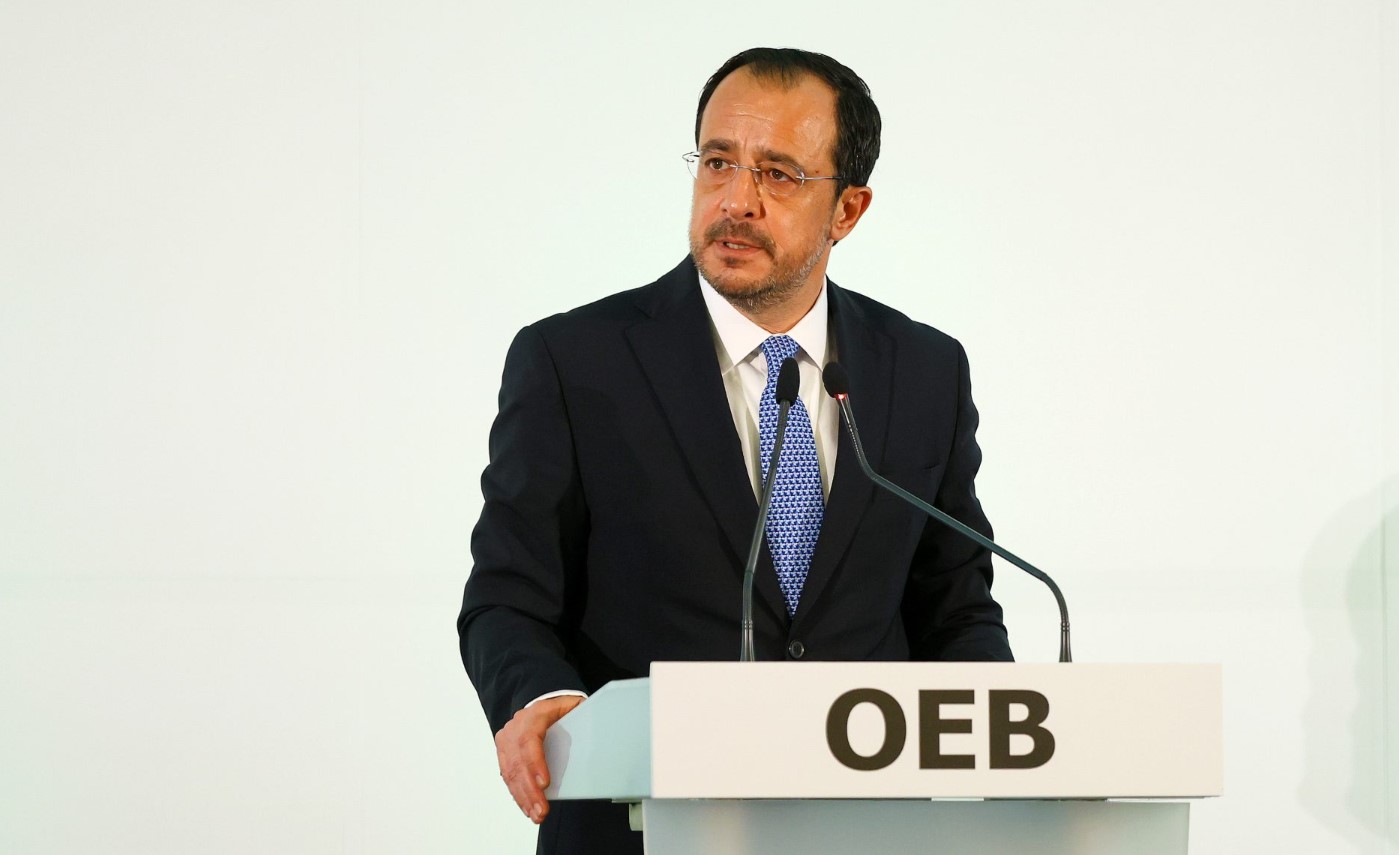The Federation of Employers and Industrialists (OEV) on Monday spoke of a “convergence” with tax authorities on the planned tax reform, adding that the blueprint as a whole “is headed in the right direction”.
OEV chairman Giorgos Pantelides made the remarks after meeting with Tax Commissioner Sotiris Markides.
The meeting was part of a public consultation process between the government and stakeholders over the tax overhaul legislation. The consultation period ends on September 10.
Markides and Finance Minister Makis Keravnos are meeting with interest groups ahead of that cutoff date.
The government intends to pass the tax reform legislation early next year.
OEV’s Pantelides expressed satisfaction after his tete-a-tete with Markides.
“I have to say that the divergences between the business community and the intentions of the relevant authority [the tax department] are minimal,” he told reporters.
OEV agrees that the priority must be to stamp out tax evasion and tax avoidance, as well as boost the competitiveness of the Cypriot economy.
The organisation retains some reservations on certain points of the government plan. It also wants the language of the legislation to be rendered explicit and plain, “so that everyone understands what it says”, leaving no room for interpretation so that tax officials cannot exercise their discretion when applying the law.
But asked to spell out OEV’s concerns, Pantelides demurred, saying only that their input would become clear at a later stage.
Asked whether he was worried about the finance minister’s earlier comments, threatening to pull the tax reform legislation if parliament tinkers with it excessively, the OEV boss said no.
In his opinion, the parliamentary parties will approach the issue “responsibly”.
On the next steps, OEV will wait for the government to wrap up the public consultation, and will then present its own views in parliament once the bills are submitted.
Last week, the finance ministry said the ‘shadow economy’ in Cyprus accounts for about a quarter of GDP.
In close collaboration with the Economic Research Centre at the University of Cyprus, the government is preparing a sweeping tax overhaul that will broaden the tax base, toughen enforcement and ease the burden on households and businesses.
One idea under consideration would allow tax authorities to seal off businesses that repeatedly fail to issue legal receipts or invoices.
Another idea resurfacing is the criminalisation of non-payment of income tax.
The government is also considering tougher penalties on tax violators. Currently, individuals and companies alike failing to file a tax return face a fine of just €100 – an amount deemed negligible, especially for corporate offenders.
The draft bills include an increase in the personal tax-free threshold to €20,500, up from €19,500 now. Income brackets will be revised, shifting the highest tax rate of 35 per cent to income over €80,000.
Another proposal is an increase in the corporate tax rate from 12.5 per cent to 15 per cent.






Click here to change your cookie preferences